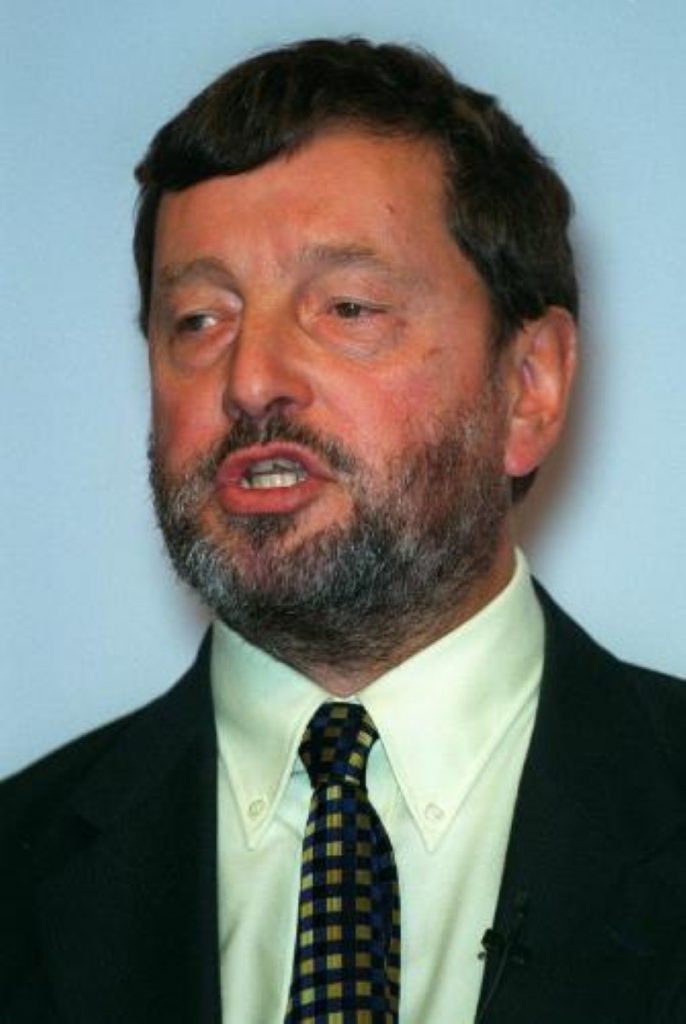Blunkett announces new minimum policing standards
The Home Secretary today announced new minimum policing standards to provide a “copper’s contract” for the police and public.
The new standards will specifically focus on the public’s first contact with the police, for example when reporting a crime.
David Blunkett, in a speech to the Superintendents’ Association annual conference, said that the standards will ensure that the public can quickly get through on the phone or internet, and that their calls will be effectively dealt with.
He called on the police force to co-operate with him in improving service to the public.


Specific changes will include the establishment of a national non-emergency number to complement 999 and guidance to the police on how the initial call will be handled, including giving the caller “realistic” information about the next step and follow-up call procedures.
He said he was “fed up” with waiting for progress on the national non-emergency number, saying that this should happen and be linked into other related work by local services, such as health and housing.
Improving communications and service between the police and the public is to be the key feature of an upcoming police reform policy paper.
He said that at the moment the first impression many members of the public have of the police is “disappointing” and that this must improve.
“Above all, having the telephone answered promptly and politely would create an entirely different relationship, especially where proper training ensures that calls are given the appropriate priority.”
Mr Blunkett quoted MORI research that showed that unlike health and education the more people have contact with the police, the worst their satisfaction levels. He called on the delegates present to work with him to “turn it around” – adding that improving response would also turn around people’s perception of the police.
“It’s not rocket science to be able to do it, but it will take time.”
Mr Blunkett also pledged to act on police red-tape, claiming that 6700 forms have already been made obsolete and that under new measures “no new paperwork would be introduced to the police without first undergoing a rigorous test to ensure it is absolutely necessary.”
Though this is a national measure at the moment, Mr Blunkett said he was keen to ensure that it was followed through at a domestic level, noting that there is no point in reducing national forms if they are then duplicated at local level.
On wider aspects of the Government’s policing policy, Mr Blunkett rebuffed accusations that headline policies such as closing down crack-houses were gimmicks, arguing that visible policing measures help raise confidence in the community.
He quipped that he was an “unashamed populist in trying to get crime down, confidence up”
He also promised that he would seek to protect the rights of the innocent, law abiding citizens. In a side-swipe at some interpretations of human rights legislation, Mr Blunkett promised to tackle the “absurd requirements” that officers are required to take before mounting surveillance on crime hot-spots.
“Human rights legislation was supposed to be about people’s rights, not about denying the rights so the criminals can actually make monkeys of us”, he commented.

